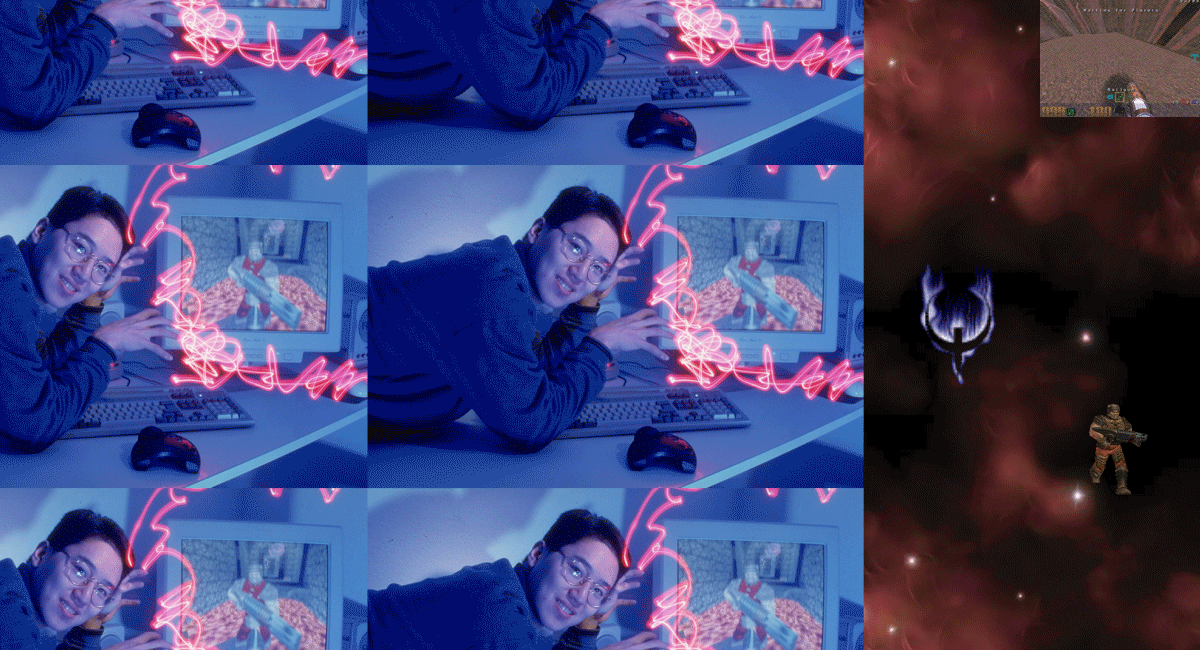Gaming: Time For a *Really* First-Person Shooter

New technologies bring forth new art forms, and those forms create new ways to understand life. The theater gave everyone his or her say (even the man the Queen’s grandfather overthrew, even the guy who had tried to conquer the audience’s city). So it gave its audience the new experience of hearing a tale from several perspectives. The novel gave its readers the interior life of the individual in all its glory and squalor. Film gave artists control over the feel and logic of dreams. The art form of our time is, obviously, the videogame. But what is its unique contribution? What does this form allow creators to do, that can’t be done in others?
I have a guess. I think games are uniquely suited to represent life’s contingency: How, as Philip Pullman puts it, “when you choose one way out of many, all the other ways you don’t take are snuffed out like candles, as if they’d never existed,” and each choice is a branch from which others may spring, while other possibilities are lost. Our minds are biased to think in terms of fate, and destiny, and oversight from supernatural powers. But videogames show us, constantly, the spectacle of randomness interacting with choices (some made in a hopeful fog, some made without awareness at all). You weren’t destined to get to the next level tonight, you were just a microsecond faster on the right button. You aren’t cursed, you just had a couple of battles go improbably, but not impossibly, badly. You aren’t on a karmic path, you’re just bouncing along on branching paths that make their successors more or less probable with every choice you make.
Novels and movies try to represent this fact of life, of course, but they can’t embody it. However much they speak of branching paths and chance, their form is governed by their creators. (True, there are hypertext novels of which this isn’t true, but I think those works might be more akin to games than to printed books.)
So I’d love to see a videogame take this capacity somewhere that films and books can’t go.
Suppose, for example, you could play a game in which the protagonist was you—your actual self, as described to the game in a long questionnaire you filled out before playing. The game, then, could identify forks in your life-path and let you see what would have happened in the alternate realities that would have arisen had you done something different. How little, or how much, would it take to make a downtown drag queen into a Polo-shirted suburban dad? What might you be now if you’d fled that car accident instead of manning up? It is one thing to idly speculate and daydream. But hasn’t computing power reached a point where a game could actually show you the many alternate versions that might’ve sprung from all those paths not taken?
It’s not a rhetorical question. I really don’t know. Readers, do you?





